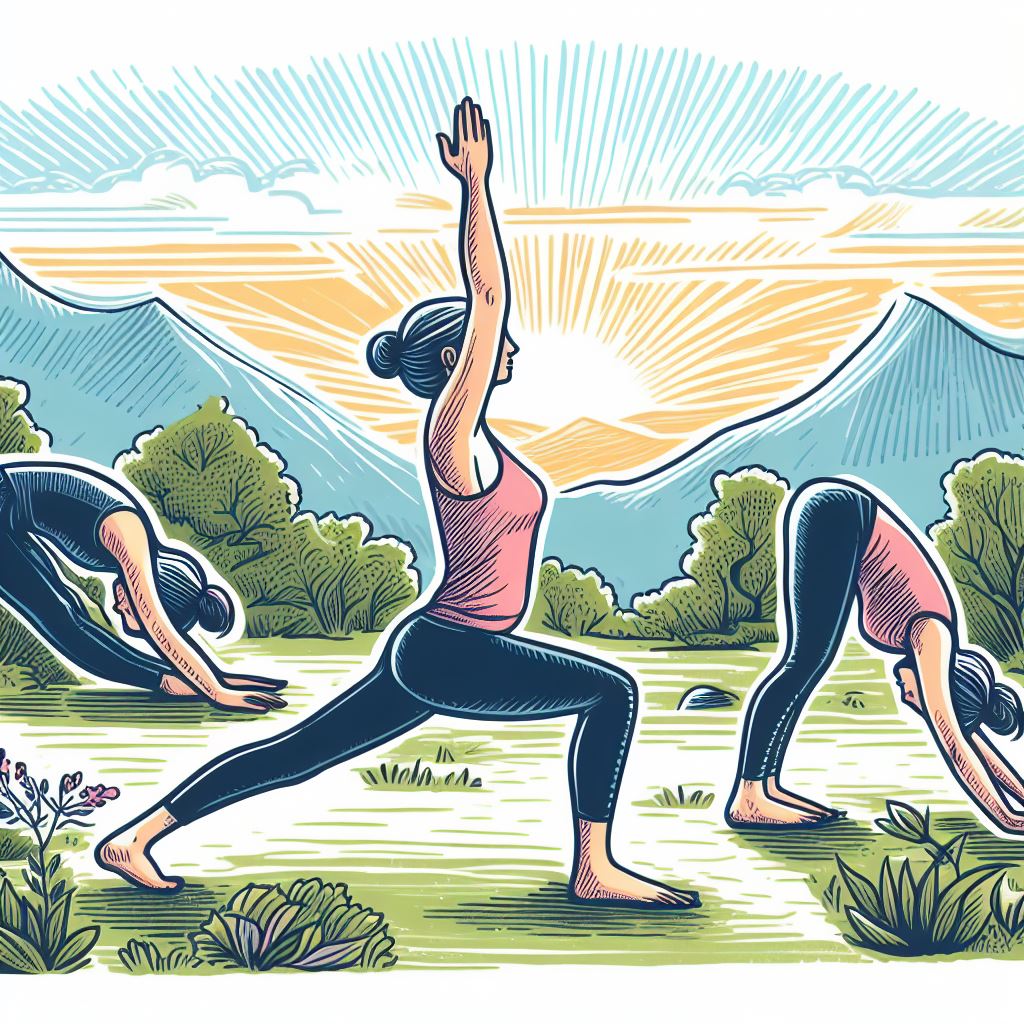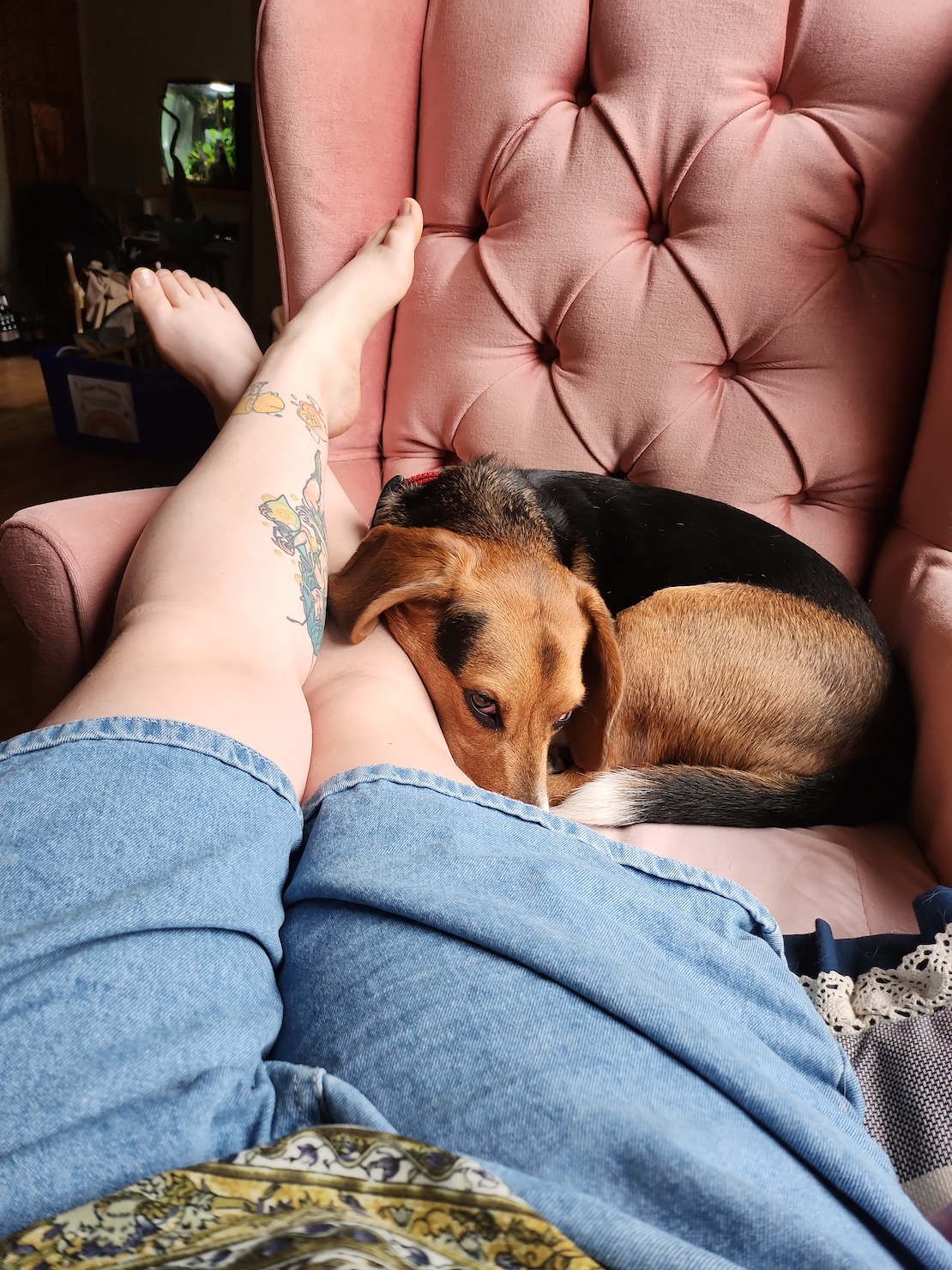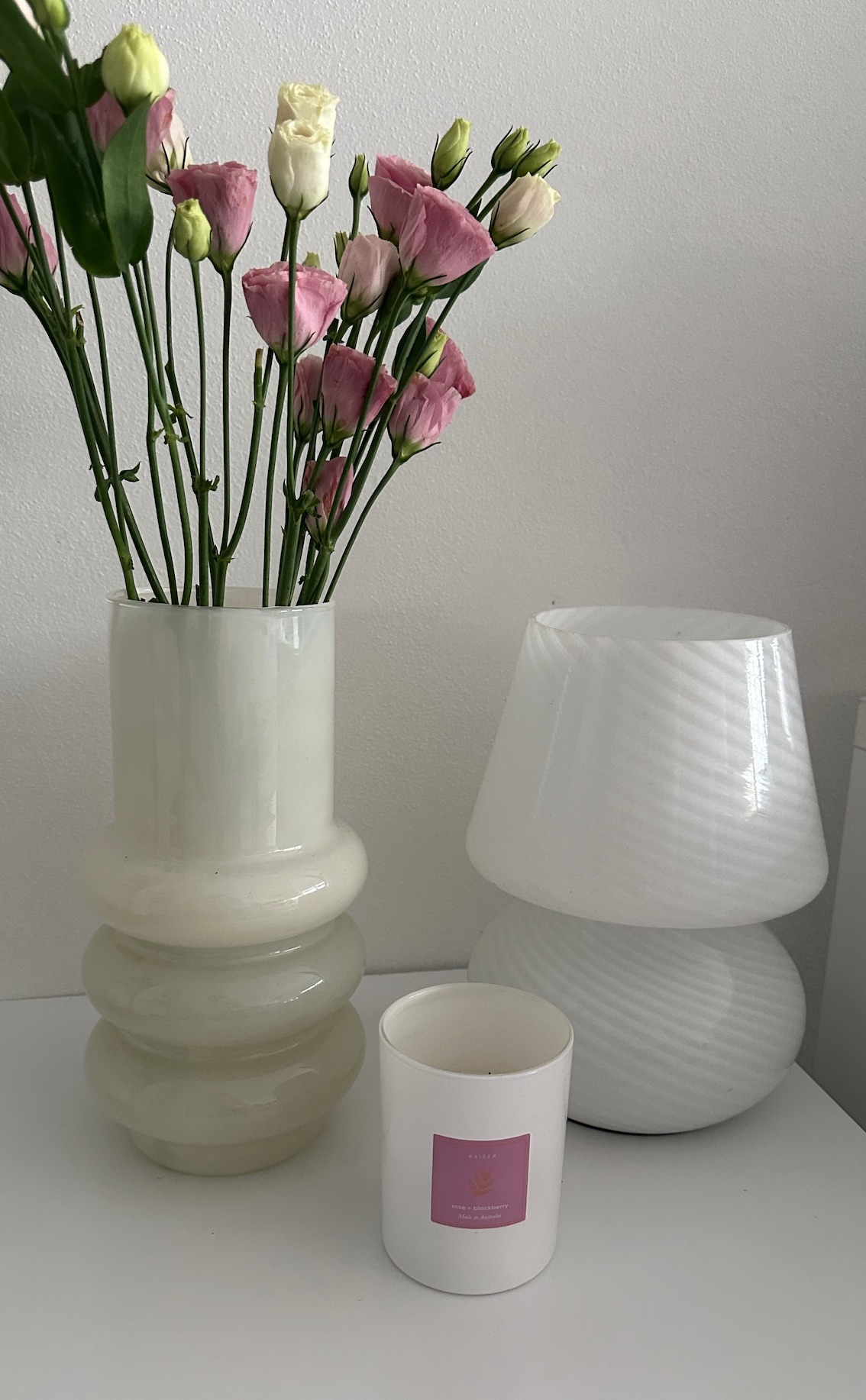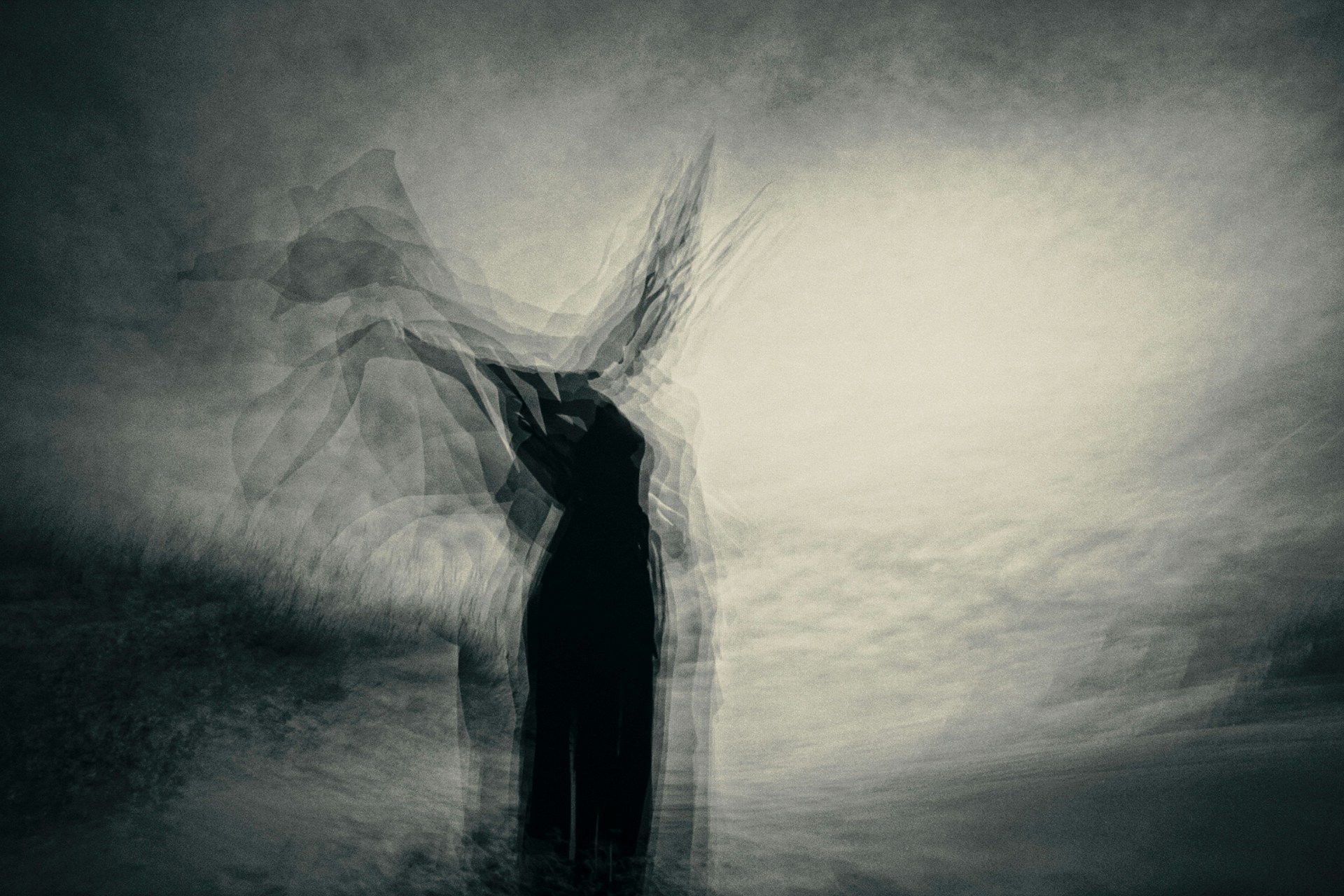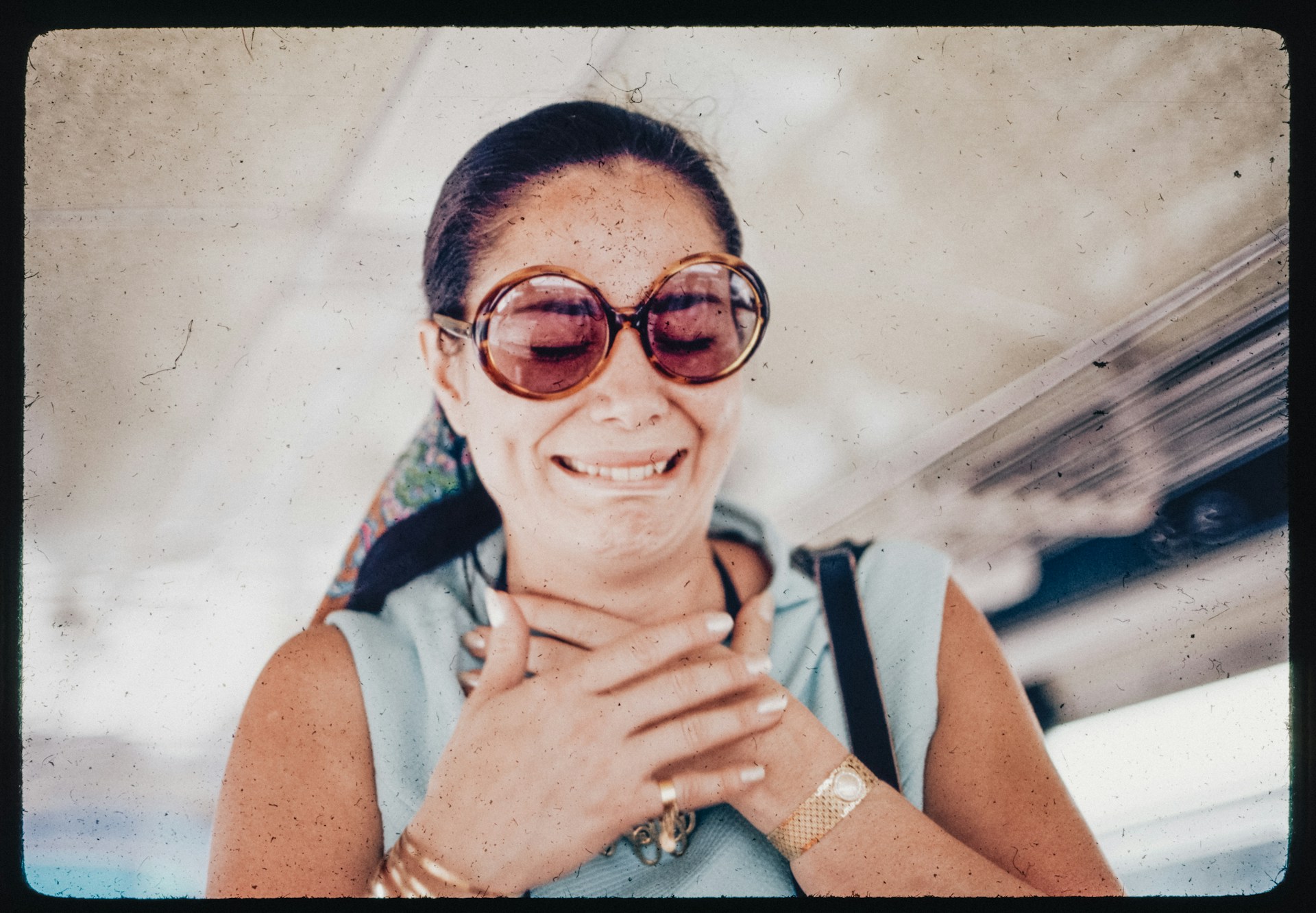Alternative healing modalities have been gaining attention in the wellness sphere, offering a variety of approaches to health that differ from conventional Western medicine. These practices range from ancient techniques like acupuncture and Ayurveda to more modern methods like aromatherapy and Reiki.
They often focus on treating the whole person—body, mind, and spirit—rather than just the symptoms of a disease. This article aims to delve into the intricacies of these practices, shedding light on their principles, benefits, and how they can be integrated into everyday life for enhanced wellbeing.
Defining Alternative Healing
Alternative healing refers to various medical treatments and practices that are not typically part of conventional medical training or widely used in Western medicine. It’s important to differentiate between three key terms: alternative, complementary, and integrative medicine.
Alternative medicine is used in place of conventional medicine, whereas complementary medicine is used alongside it. Integrative medicine combines the best of both worlds, incorporating both alternative and conventional treatments to treat the whole person.
The roots of alternative healing are deep, with practices dating back thousands of years, signifying a rich history of human exploration into healing.
Types of Alternative Healing Modalities
Acupuncture
Acupuncture, a cornerstone of traditional Chinese medicine, involves the insertion of very thin needles through the skin at strategic points on the body. It’s based on the principle that energy, or “qi” (pronounced “chee”), flows through and around your body along pathways called meridians.
Acupuncture is believed to unblock and rebalance this flow, thereby improving health. It’s commonly used for pain relief and a wide range of other conditions, including stress management and chronic conditions such as migraine or arthritis.
Aromatherapy
Aromatherapy uses aromatic essential oils medicinally to improve the health of the body, mind, and spirit. These oils, extracted from plants, have a wide array of therapeutic properties. When inhaled or applied to the skin, they can stimulate areas of your limbic system, which plays a role in emotions, behaviors, sense of smell, and long-term memory.
This modality is often used for mood enhancement, pain relief, and improved cognitive function.
Reiki
Reiki is a form of energy healing that originated in Japan in the early 20th century. It involves a practitioner placing their hands lightly on or over a person’s body to facilitate the person’s process of healing. The underlying idea is that energy can stagnate in the body where there has been physical injury or emotional pain. In time, these energy blocks can cause illness.
Reiki aims to help the flow of energy and remove blocks in a similar way to acupuncture or acupressure, promoting relaxation, speed healing, reduce pain, and decrease other symptoms of illness.
Ayurveda
Ayurveda, an ancient Indian system of medicine, operates on the principle that health and wellness depend on a delicate balance between the mind, body, and spirit. It’s a holistic approach that uses a variety of techniques, including diet, herbal treatment, and yogic breathing.
The practice is rooted in the idea that there are three “doshas” or energies: Vata, Pitta, and Kapha, which circulate in the body and govern physiological activity. An imbalance of these doshas is believed to cause illness.
Homeopathy
Homeopathy is a medical system based on the belief that the body can cure itself. It uses tiny amounts of natural substances, like plants and minerals, to stimulate the healing process.
A basic tenet of homeopathy is “like cures like,” meaning a substance that causes symptoms in a healthy person can, in very small doses, treat those same symptoms in illness. This practice is controversial, as many of its concepts are not consistent with the fundamental principles of chemistry and physics.
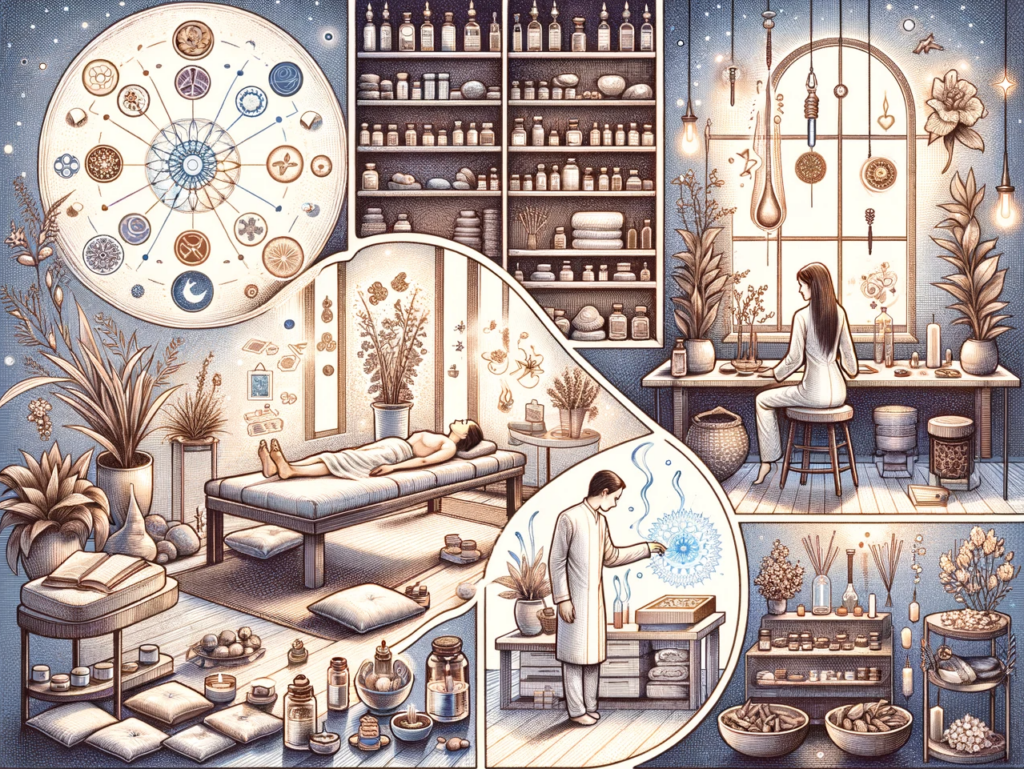
How Alternative Healing Works
The effectiveness of alternative healing often hinges on the mind-body connection. Many of these practices focus on tuning into and manipulating the body’s energy flow, a concept that may seem elusive but is central to these modalities.
The idea is that mental and emotional factors can influence physical health, and vice versa. The placebo effect, a significant aspect of any treatment’s success, plays a crucial role in alternative healing. This effect occurs when a patient’s symptoms are alleviated by an otherwise ineffective treatment because the individual believes that the treatment will work.
Scientific Evidence and Studies
While some alternative healing practices enjoy widespread popularity, their scientific backing varies. For instance, numerous studies support the efficacy of acupuncture, particularly in pain management and chronic illness treatment. Similarly, clinical trials have shown positive outcomes for certain applications of aromatherapy and mindfulness-based stress reduction techniques.
However, other modalities like homeopathy and certain herbal remedies lack robust scientific support, drawing criticism and skepticism from the scientific community. It’s essential for enthusiasts of alternative medicine to seek out evidence-based practices and remain critical of unsupported claims.
Choosing the Right Modality for You
Selecting an appropriate alternative healing modality requires consideration of several factors. Your specific health condition, personal beliefs, and the type of healing you’re seeking all play a role. For example, acupuncture might be more suitable for physical pain, while Reiki could be preferable for emotional healing.
It’s crucial to consult healthcare professionals before starting any alternative treatment, especially if you’re currently undergoing conventional medical therapies. Ultimately, listening to your body and intuition is key in determining what feels right and beneficial for your wellbeing.
Safety and Precautions
While many alternative healing modalities are safe when performed by trained practitioners, it’s important to be aware of potential risks. Certain practices might not be suitable for everyone, especially those with specific health conditions or pregnant women. It’s also critical to ensure that treatments don’t conflict with any existing medications or therapies.
Seeking treatment from certified and experienced practitioners is vital for ensuring safety and effectiveness.
The Future of Alternative Healing
The future of alternative healing looks promising, with increasing acceptance and integration into mainstream healthcare. As research continues to uncover the benefits of these practices, it’s likely that more people will turn to them for holistic health solutions.
The growing emphasis on preventive medicine and personal wellbeing may further propel the popularity of alternative therapies. With advancements in scientific research, we can expect a more profound understanding and broader acceptance of these ancient yet innovative healing practices.
Alternative healing modalities offer a diverse range of approaches to health and wellbeing. From acupuncture to homeopathy, these practices provide unique benefits and cater to individual needs and beliefs. While scientific evidence varies across different modalities, many find relief and improved health through these alternative treatments.
As we continue to explore and understand these practices, they offer promising complementary or alternative options for those seeking holistic health solutions.




